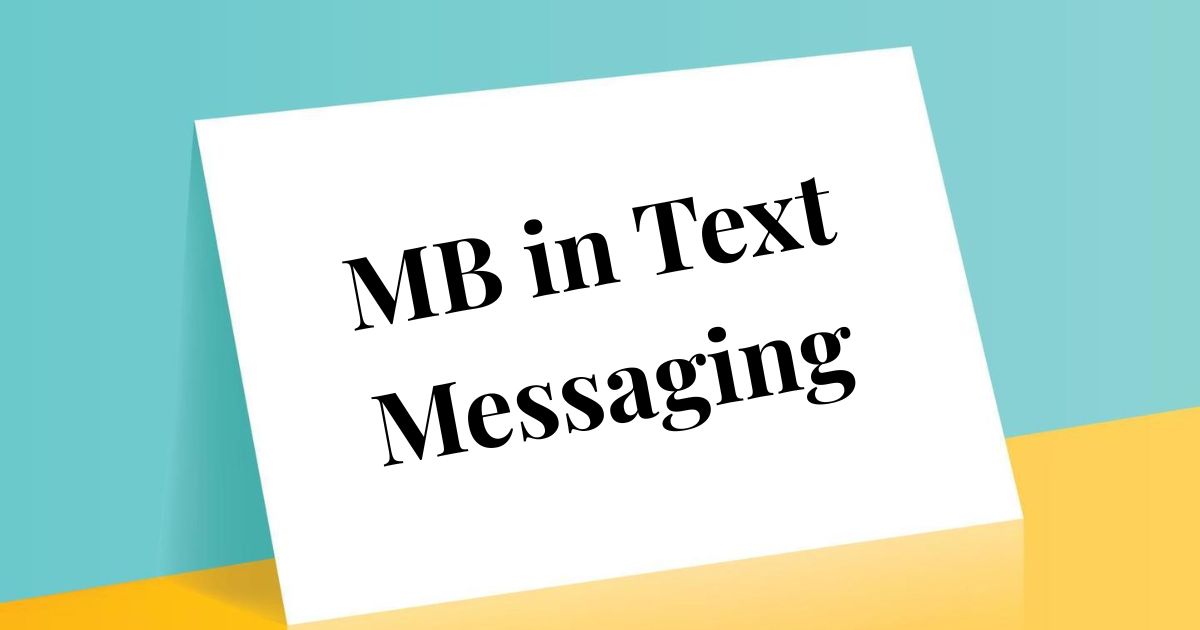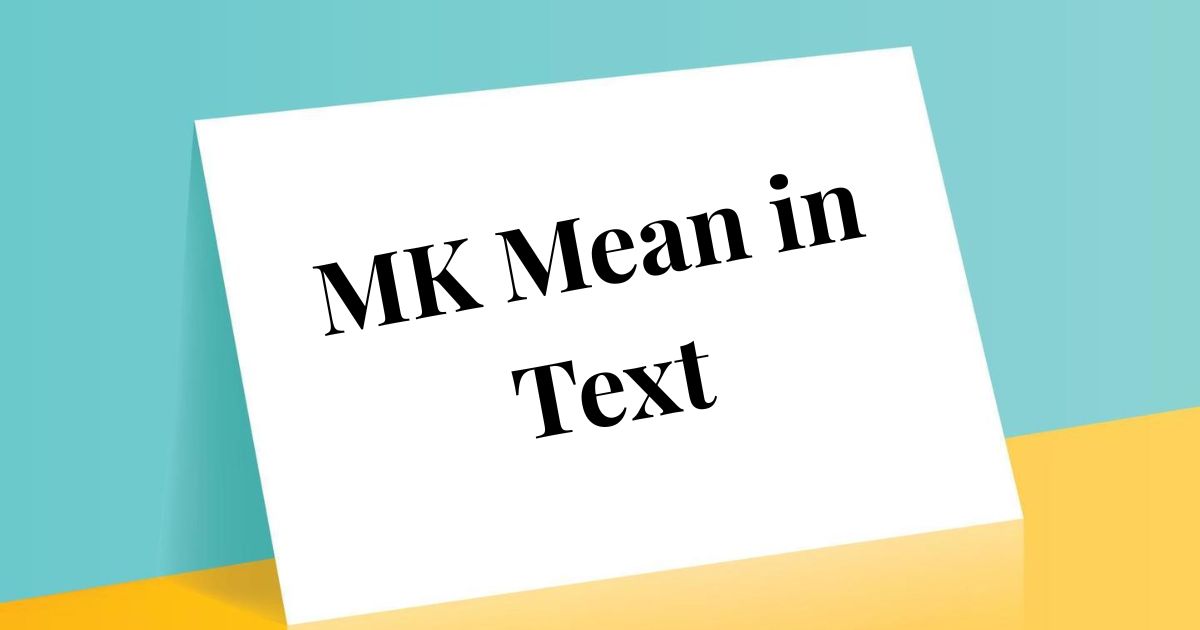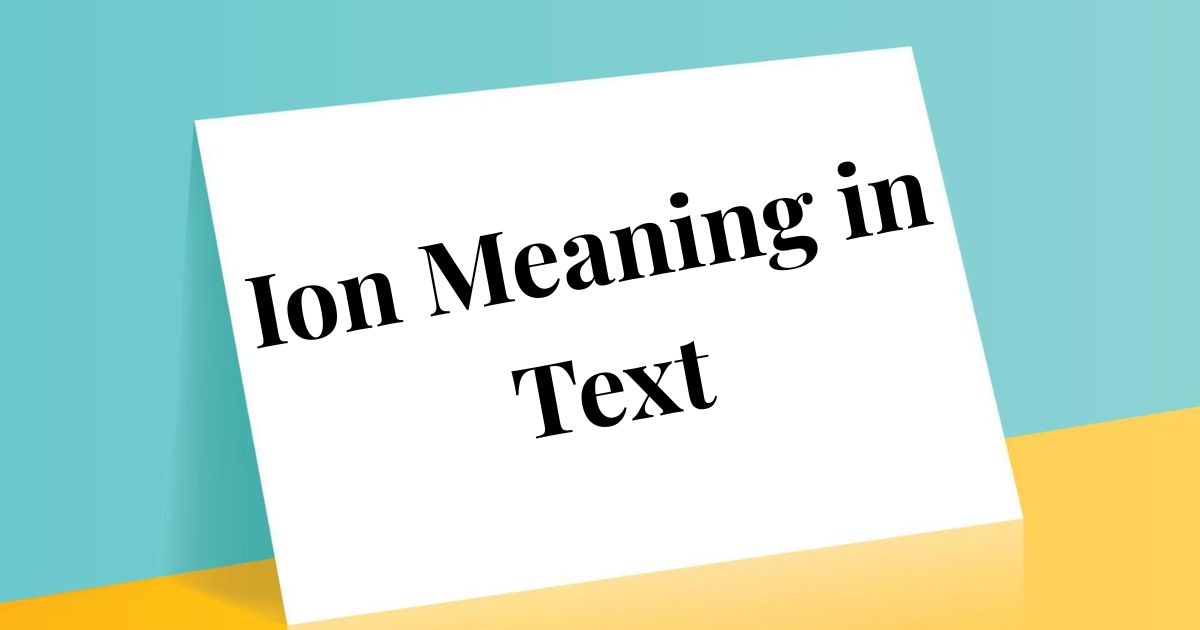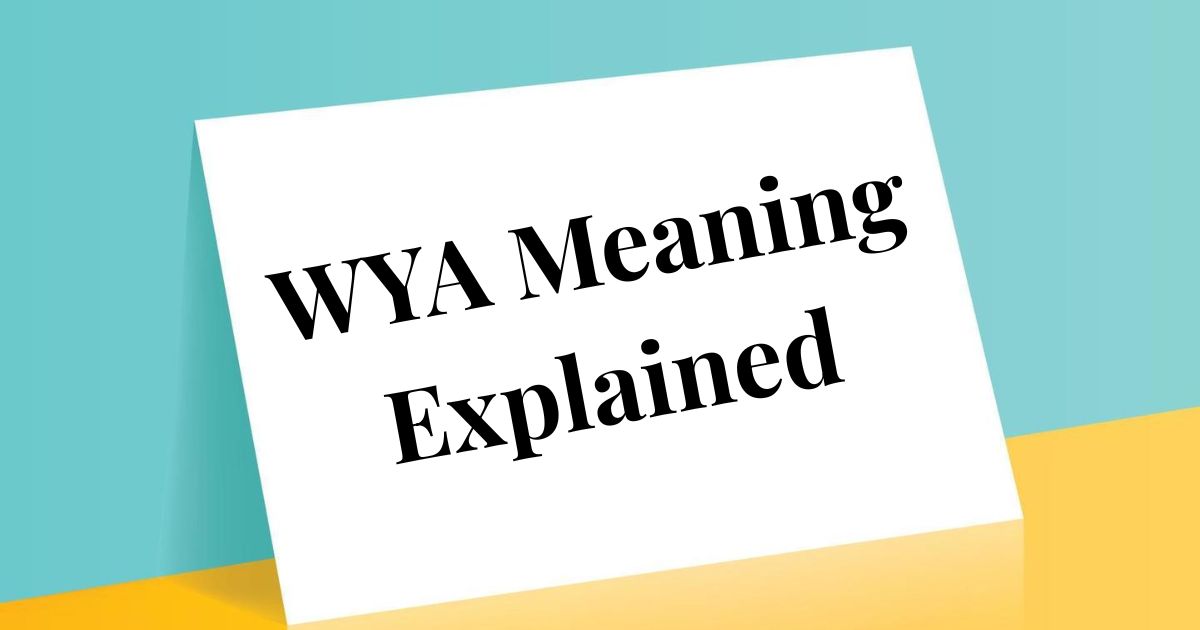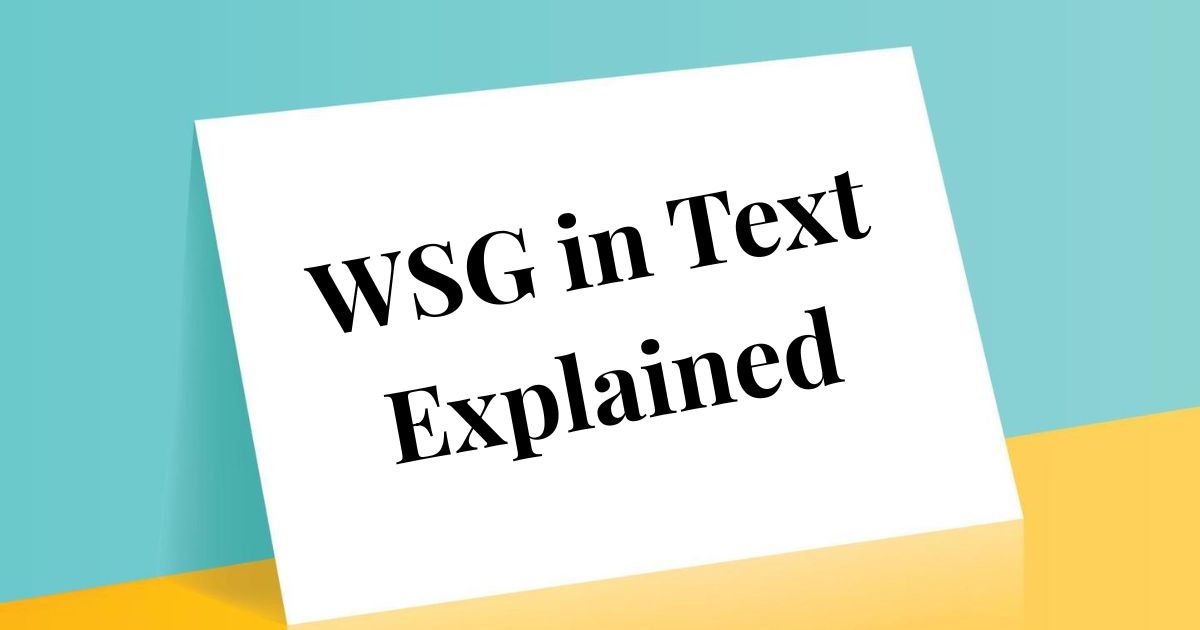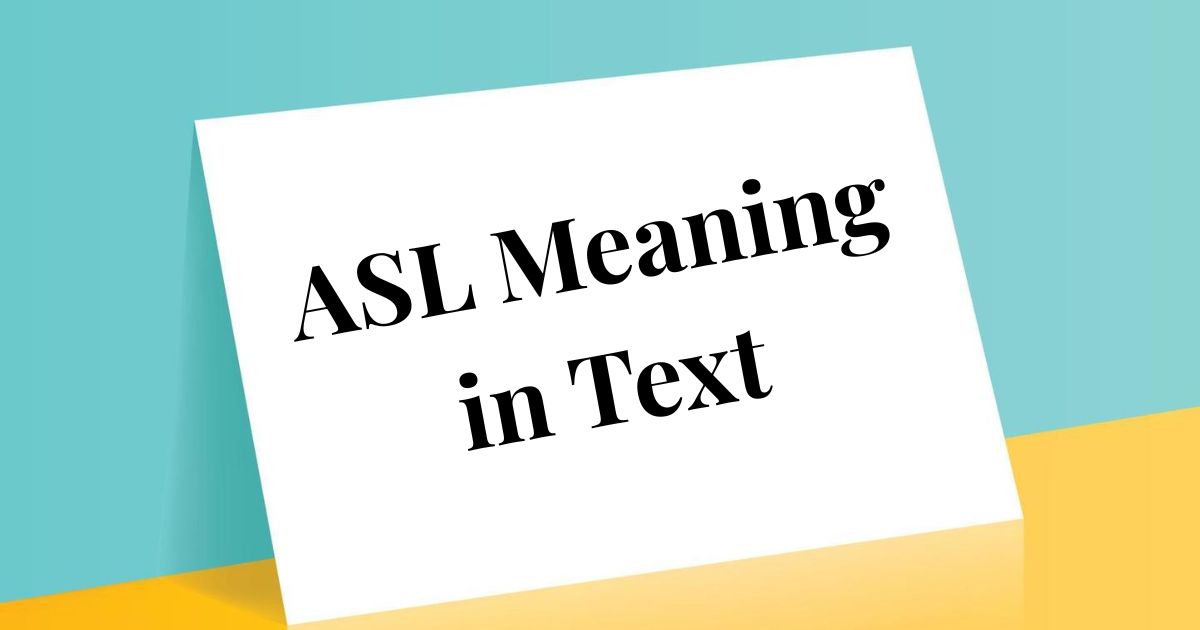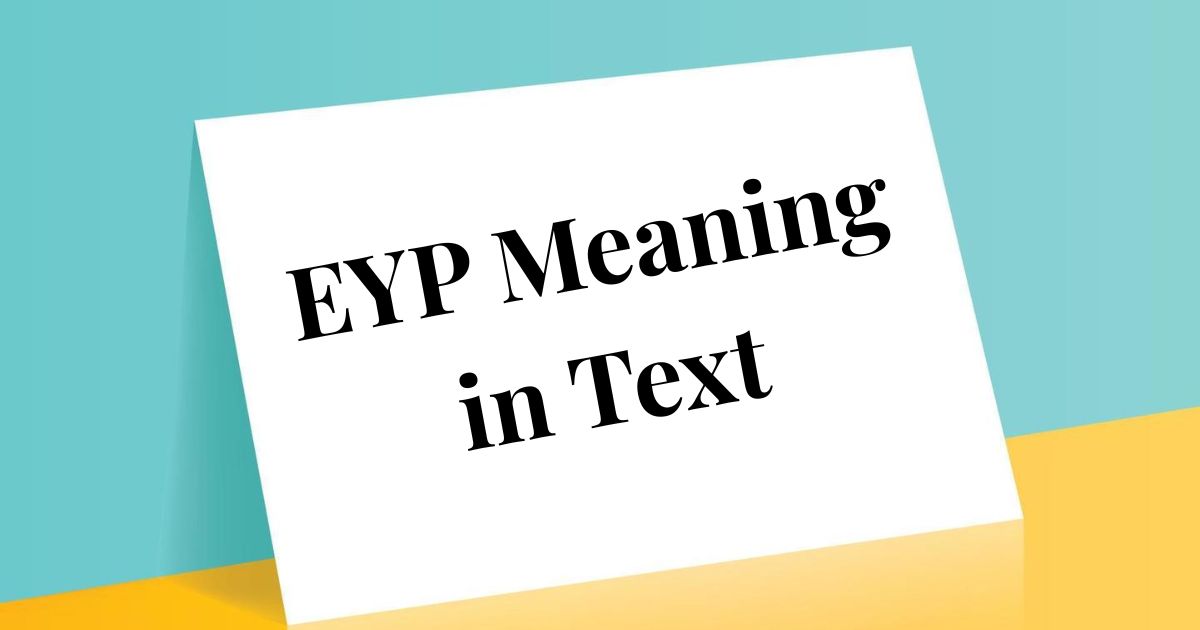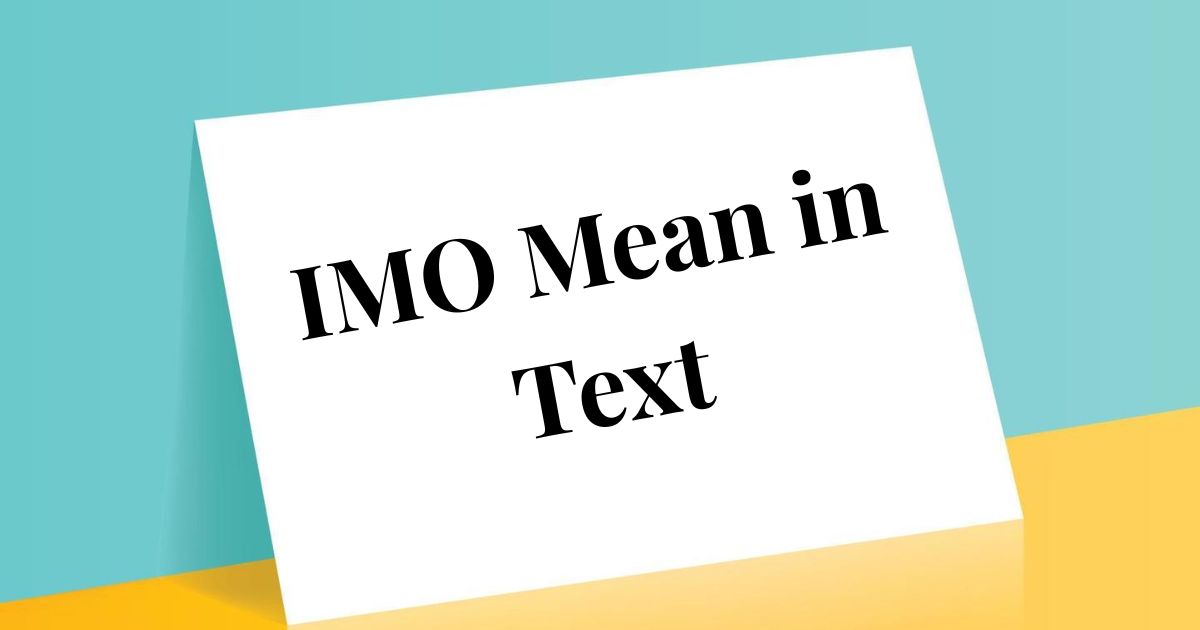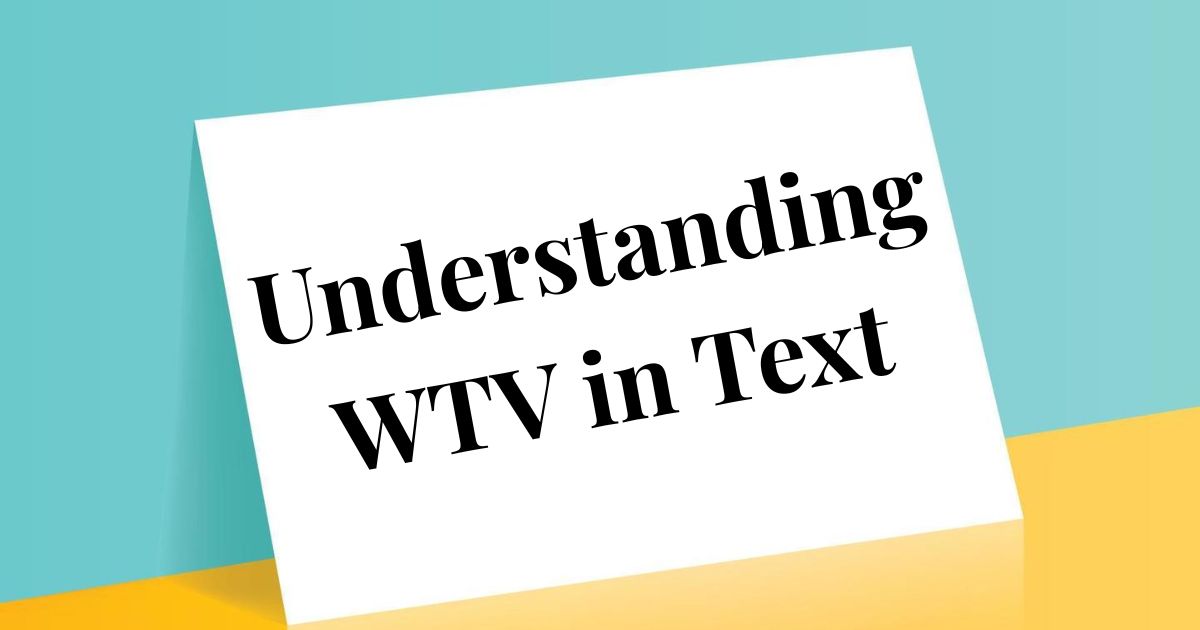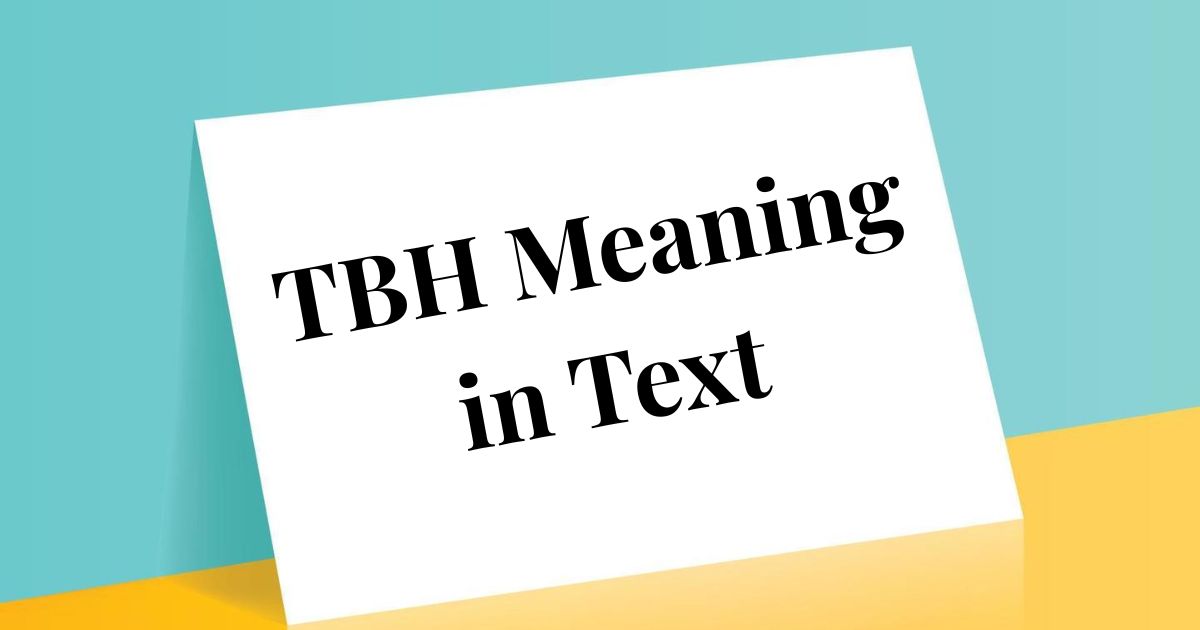Your phone buzzes with MB and suddenly you’re doing mental gymnastics—are they genuinely sorry, blowing you off, or just too lazy to type real words? Two letters carrying the weight of apology, dismissal, or casual acknowledgment depending entirely on invisible context clues you’re somehow supposed to decode. According to 2024 research from the Communication Psychology Institute, 68% of text recipients report feeling uncertain about the sincerity behind abbreviated apologies like MB, with 43% admitting they’ve felt dismissed by responses that seemed too brief for the situation’s emotional weight. This isn’t paranoia—it’s the natural consequence of compressing complex social rituals like apologizing into acronyms that strip away every vocal inflection, facial expression, and body language cue that signals genuine remorse versus performative acknowledgment.
What Does “MB” Stand For in Text?
MB means “My Bad”—a casual apology acknowledging you made a mistake, caused inconvenience, or got something wrong.
Think of it as the texting equivalent of a quick “oops” or “sorry about that.” You’re admitting fault without lengthy explanation or dramatic self-flagellation. It’s brief, direct, ownership-taking shorthand.
The phrase “my bad” itself emerged from basketball culture in the 1970s-80s, where players would quickly acknowledge mistakes during fast-paced games without disrupting momentum. According to linguistic historians at Georgetown University, the phrase gained mainstream traction in the 1990s through sports media and hip-hop before becoming universal casual English by the 2000s.
MB typically communicates:
Minor mistake acknowledgment – “I got the time wrong, mb”
Taking responsibility casually – “Forgot to text back, mb”
Quick apology without drama – “MB didn’t mean to interrupt”
Friendly error admission – “You were right, mb for arguing”
The abbreviation MB specifically gained texting dominance around 2010-2015 as smartphone messaging demanded efficiency and younger users adopted increasingly compressed language.
✔️ Example:
Friend: “I thought we were meeting at 6?”
You: “MB, I said 7 but I totally see how that was confusing”
This works because the mistake is minor, the relationship is casual, and MB appropriately matches the low-stakes nature of the confusion.
However—and this creates constant communication friction—MB also stands for “megabyte” in technical contexts. Confusion is rare since context usually clarifies, but occasionally “The file is 5 MB” gets amusingly misinterpreted as apologetic file size.
Is “MB” Appropriate in All Contexts?
Absolutely not. MB thrives in casual terrain but crashes spectacularly when stakes matter emotionally or professionally.
When MB works beautifully:
Close friends with established informal communication where brevity signals comfort, not disrespect
Minor logistical mistakes like wrong meeting times, small miscommunications, trivial errors
Fast-paced group chats where lengthy apologies disrupt flow and everyone’s communicating casually
Gaming communities where quick acknowledgment of in-game mistakes keeps momentum
Situations where humor softens the apology—”MB for eating your leftovers 😅”
When MB fails catastrophically:
Professional emails or workplace communications where it reads as unprofessional and cavalier about mistakes
After causing genuine hurt feelings where two letters feel dismissive of emotional impact
With authority figures including bosses, professors, parents who expect formal respect
Serious mistakes with real consequences where MB minimizes legitimate harm done
Cross-generational communication with people over 40 who may not understand the abbreviation or find it disrespectful
When you’ve repeatedly made the same mistake and MB suggests you’re not taking pattern seriously
Romantic relationships during conflicts where partner needs to see genuine remorse, not texting shortcuts
According to workplace communication research from Harvard Business Review, abbreviated apologies in professional settings correlate with 51% lower trust ratings from supervisors and colleagues compared to complete, thoughtful apologies—even when the actual mistake is identical.
The fundamental issue? MB signals effort level. When you can’t spare six extra seconds to type complete apology, recipients question whether you actually care about the impact of your mistake.
The Nuance of “MB”: Tone Matters
MB’s emotional weight fluctuates wildly based on delivery factors most people don’t consciously analyze but subconsciously register immediately.
Punctuation transforms meaning:
“mb” (lowercase, no punctuation) – Extremely casual, almost flippant. Works among close friends, feels dismissive otherwise.
“MB.” (capitalized with period) – More serious acknowledgment. The period adds finality and weight.
“Mb!” (with exclamation) – Lighthearted, almost playful. “Oops!” energy that softens the apology.
“mb…” (with ellipsis) – Uncertain or guilty. The trailing off suggests you know it was bigger mistake than you’re admitting.
Timing matters enormously:
Immediate MB (within seconds) – Shows you caught mistake quickly and care about correcting course.
Delayed MB (hours or days later) – Reads as afterthought or someone else prompting you to apologize rather than genuine recognition.
Strategic MB (right before asking favor) – Feels manipulative, like you’re clearing the air only because you need something.
Context and history:
First-time mistake – MB feels appropriate and friendly.
Repeated pattern – MB starts feeling like you’re not actually taking responsibility or changing behavior.
After someone expressed hurt – MB alone feels insufficient for addressing emotional impact.
Relationship security:
Secure friendships – MB works because foundation of mutual respect and care already exists.
New relationships – MB risks seeming like you don’t value them enough for complete apology.
Strained relationships – MB can feel like minimum effort when healing requires maximum care.
Dr. Amy Martinez, a sociolinguist at UC Berkeley, notes: “Abbreviated apologies like MB function as relationship thermometers. When they land well, it indicates strong enough connection to absorb casual communication. When they land poorly, they reveal cracks in relational foundation that need addressing with more substantial repair.”
What to Say Instead of “MB” in Text: 15 Polite and Professional Alternatives
When MB feels insufficient, these alternatives add depth, sincerity, and emotional intelligence to your apology.
1. “Sorry, that was my mistake.”
Tone: Clear, direct, accountable
Best for: Professional contexts, straightforward error acknowledgment
Why it works: Combines apology with explicit ownership. No ambiguity about who’s responsible or what you’re apologizing for.
Example: “Sorry, that was my mistake—I sent you last month’s report instead of the updated version. Correct one attached now.”
2. “Apologies for the oversight.”
Tone: Formal, professional, respectful
Best for: Workplace emails, client communications, formal relationships
Why it works: “Oversight” names the mistake type without over-dramatizing. Sounds competent while acknowledging error.
Example: “Apologies for the oversight in the budget calculations. I’ve revised the numbers and they’re ready for your review.”
3. “I take full responsibility.”
Tone: Serious, accountable, mature
Best for: Significant mistakes, team situations where blame might spread unfairly
Why it works: Prevents excuse-making and deflection. Shows leadership and integrity.
Example: “I take full responsibility for missing that deadline. I should have communicated earlier when I realized timing would be tight.”
4. “Oops, my fault!”
Tone: Lighthearted, friendly, casual
Best for: Minor mistakes among friends, situations where humor helps
Why it works: “Oops” adds playful acknowledgment that de-escalates without dismissing. Appropriate for low-stakes errors.
Example: “Oops, my fault! I totally grabbed your coffee instead of mine. I’ll buy you another one!”
5. “I messed up—sorry!”
Tone: Honest, straightforward, humble
Best for: Moderate mistakes with friends or casual colleagues
Why it works: “Messed up” is more substantial than MB while remaining conversational. Shows you recognize the mistake’s impact.
Example: “I messed up—sorry! I promised I’d pick up groceries and completely forgot. Heading there now.”
6. “That one’s on me.”
Tone: Casual accountability, sports-influenced
Best for: Group settings, collaborative work, friendly contexts
Why it works: Acknowledges responsibility without dwelling. Keeps momentum while taking ownership.
Example: “That one’s on me—I should have double-checked the reservation. Let me call and see if we can still get a table.”
7. “My apologies.”
Tone: Formal, respectful, traditional
Best for: Professional communications, elder interactions, service industry
Why it works: Classic formal apology that never goes out of style. Universally understood as respectful.
Example: “My apologies for the delayed response. I wanted to gather all the information before replying to you.”
8. “Please forgive my mistake.”
Tone: Humble, earnest, relationship-focused
Best for: When you’ve hurt someone’s feelings, close relationships, significant errors
Why it works: Explicitly asks for forgiveness, acknowledging the other person’s emotional response matters.
Example: “Please forgive my mistake—I didn’t mean to share that information. I understand if you need time to trust me again.”
9. “Totally my bad, I didn’t mean to.”
Tone: Casual but earnest, adds explanation
Best for: Friends, situations where intent matters, accidental mistakes
Why it works: Keeps “my bad” phrase while expanding it with intention clarification. Shows you care about how it’s perceived.
Example: “Totally my bad, I didn’t mean to interrupt your presentation. I thought you were finished with that section.”
10. “I dropped the ball on that.”
Tone: Idiomatic, accountable, sports-influenced
Best for: Professional contexts, team environments, responsibility failures
Why it works: Common business idiom that acknowledges failure to maintain responsibility without being overly dramatic.
Example: “I dropped the ball on that client follow-up. Setting a reminder now so it doesn’t happen again.”
11. “I stand corrected.”
Tone: Gracious, intellectual, humble
Best for: Factual disagreements, when someone proves you wrong, professional debates
Why it works: Acknowledges being wrong without defensiveness. Shows you value accuracy over ego.
Example: “I stand corrected—you were right about the policy change date. Thanks for catching that.”
12. “Thanks for pointing that out.”
Tone: Grateful, growth-oriented, positive
Best for: When someone catches your mistake helpfully, learning environments
Why it works: Reframes correction as assistance rather than criticism. Encourages helpful feedback culture.
Example: “Thanks for pointing that out! I completely missed that detail in the contract. Really appreciate the catch.”
13. “Let me fix that immediately.”
Tone: Action-oriented, solution-focused, efficient
Best for: Mistakes needing quick correction, professional contexts, time-sensitive errors
Why it works: Combines acknowledgment with immediate corrective action. Shows you prioritize resolution.
Example: “Let me fix that immediately—give me five minutes and I’ll have the corrected version sent over.”
14. “That slipped my mind—apologies.”
Tone: Honest, human, accountable
Best for: Forgotten commitments, memory lapses, scheduling mistakes
Why it works: Explains what happened without making excuses. Acknowledges forgetfulness as real but inexcusable.
Example: “That slipped my mind—apologies. I’ll set a reminder right now so I don’t forget again.”
15. “I’ll make sure it doesn’t happen again.”
Tone: Forward-looking, commitment-focused, reassuring
Best for: Repeated mistakes, trust repair, when apology needs action promise
Why it works: Acknowledges past while focusing on changed future behavior. Shows you’re taking it seriously.
Example: “I’ll make sure it doesn’t happen again. I’ve added it to my calendar with multiple reminders.”
Why You Should Think Twice Before Using “MB” in Formal Settings
Professional environments demand communication that demonstrates competence, emotional intelligence, and respect for institutional norms—MB undermines all three.
It reads as lazy
When colleagues, supervisors, or clients receive MB for workplace mistakes, they don’t think “efficient”—they think “couldn’t be bothered to type complete apology.” In professional contexts, effort signals care.
It lacks appropriate gravitas
Workplace mistakes often have cascading consequences—missed deadlines affect team timelines, calculation errors impact budgets, communication gaps confuse clients. MB feels flippant when stakes matter.
It suggests casual attitude toward professionalism
Your communication style shapes professional reputation. Consistent abbreviated responses, including MB, create perception that you approach work casually rather than seriously.
It confuses or offends older colleagues
Generational communication gaps are real. Many professionals over 45 either don’t understand MB or find abbreviated language generally disrespectful in workplace contexts.
It doesn’t allow for explanation or solution
Professional apologies should typically include: acknowledgment, brief explanation (not excuse), corrective action, prevention plan. MB provides only bare acknowledgment.
It creates informal precedent
Once you establish MB as your apology mode, it’s harder to suddenly become formal. Maintain professional standards consistently rather than trying to course-correct later.
According to MIT Sloan School of Management research, professionals who maintain consistent formal communication standards advance 22% faster in early-career progression compared to those who adopt overly casual digital communication, even when actual work quality is controlled.
✅ Better Options:
“I apologize for the error in the report. I’ve corrected it and implemented a double-check system.”
“My apologies for missing the meeting. I’ve reviewed the notes and will be fully prepared for next steps.”
“I take responsibility for the miscommunication. Going forward, I’ll confirm details in writing to prevent similar issues.”
These alternatives demonstrate professionalism, accountability, and forward-thinking that MB simply cannot convey—and they take maybe ten extra seconds to type.
Alternatives to “MB” Based on Emotional Impact
Not all mistakes carry equal emotional weight. Match your apology depth to impact level.
Low-stakes mistakes (wrong emoji, minor typo, small scheduling confusion):
“Oops, my fault!”
“Totally my bad!”
MB actually works fine here
Medium-stakes mistakes (forgot plans, minor inconvenience caused, preventable error):
“I messed up—sorry about that.”
“That one’s on me. Let me make it right.”
“Sorry, that was my mistake.”
High-stakes mistakes (broke trust, caused significant inconvenience, hurt feelings):
“I’m really sorry. I understand why you’re upset and I take full responsibility.”
“Please forgive my mistake. I should have been more careful/thoughtful/considerate.”
“I messed up badly and I’m genuinely sorry. How can I make this right?”
Pattern mistakes (repeating same error, broken promises, consistent lateness):
“I know I keep doing this and I’m truly sorry. Here’s specifically what I’m changing…”
“You’re right to be frustrated. This is unacceptable and I’m implementing [specific solution].”
“I haven’t been reliable and that’s not fair to you. Starting now, [concrete change].”
Relationship-threatening mistakes (betrayal, major boundary violation, significant harm):
Skip texting entirely—these require phone calls or face-to-face conversations where you can demonstrate genuine remorse through voice, body language, and extended dialogue.
The bigger the impact, the more substantial your apology needs to be. MB maxes out at low-to-medium stakes—beyond that, it causes more damage than the original mistake.
Using MB in Different Types of Conversations
Context determines appropriateness more than the relationship alone. Watch how MB’s effectiveness shifts across scenarios.
✔️ Informal Text With a Friend:
Friend: “Did you take my charger? I can’t find it anywhere”
You: “MB yeah I grabbed it this morning, bringing it back now!”
Why it works: Low stakes, casual relationship, immediate corrective action, friendly tone. MB perfectly suits this situation.
✔️ Group Chat with Peers:
Groupmate: “We were supposed to meet at the library at 3…”
You: “Mb guys, thought it was 4. Be there in 10”
Why it works: Minor coordination issue, peers understand abbreviated language, quick acknowledgment keeps group momentum.
❌ Inappropriate Example for Work Chat:
Manager: “The client presentation had several outdated statistics”
You: “mb will fix”
Why it fails: Professional context demands formal communication, significant mistake affecting client relationship, no explanation or prevention plan, reads as dismissive of manager’s valid concern.
Better response: “I apologize for that oversight. I’ll update all statistics immediately and implement a verification step before our next client presentation. Updated version will be ready within the hour.”
The same abbreviation, wildly different appropriateness based purely on context, relationship hierarchy, and stakes involved.
Cultural and Generational Use of “MB”
MB’s acceptability varies dramatically across demographic lines that many young users don’t consciously recognize.
Gen Z (born 1997-2012):
Extremely comfortable with MB and views it as standard casual apology. Often prefer brevity and view elaborate apologies as performative or unnecessarily dramatic.
Millennials (born 1981-1996):
Generally understand and use MB in casual contexts but more likely to expand apologies in professional or emotionally significant situations. Straddle digital native and traditional communication norms.
Gen X (born 1965-1980):
May understand MB through younger family members or pop culture but rarely use it themselves. Often interpret it as too casual or insufficiently thoughtful.
Baby Boomers (born 1946-1964):
Typically don’t recognize MB abbreviation and may interpret it as typo or acronym for something else entirely. Prefer complete apologies with explanation.
Silent Generation (born 1928-1945):
Almost certainly won’t understand. May feel confused or disrespected by abbreviated communication that seems to lack proper acknowledgment of mistakes.
Cultural considerations:
Direct communication cultures (American, German, Dutch) may accept MB more readily as efficient accountability.
Indirect communication cultures (many Asian, Latin American) may find MB inappropriately blunt or insufficiently humble compared to more elaborate apology structures.
Hierarchical cultures expect greater formality in apologies, especially to elders or authority figures—MB violates those norms.
Collectivist cultures emphasize group harmony and face-saving through careful, thoughtful communication—MB’s casualness can seem disrespectful to group cohesion.
According to cross-cultural communication research from MIT, 79% of miscommunications in international digital collaboration stem from casual language that seems appropriate in American English but reads as disrespectful in other cultural communication frameworks.
When in doubt about cultural or generational appropriateness, choose complete, formal alternatives—you’ll never offend someone by being too thoughtful, but abbreviated apologies risk significant relationship damage.
MB and Similar Abbreviations: Quick Definitions
MB exists within ecosystem of casual apology and acknowledgment abbreviations.
MB – “My bad” – Casual apology/mistake acknowledgment
NP – “No problem” – Common response accepting someone’s MB
FS – “For sure” – Agreement, often used alongside apologies
FR – “For real” – Emphasis, sometimes used in apology context
IK – “I know” – Acknowledgment, sometimes apologetic
SRY – “Sorry” – Direct apology abbreviation
SRSLY – “Seriously” – Can emphasize apology sincerity
JK – “Just kidding” – Sometimes follows unintentional offense
Understanding this abbreviation ecosystem helps decode conversational flow—when someone responds to your MB with NP, they’re signaling acceptance and moving forward rather than dwelling on mistake.
However, none of these abbreviations belong in professional communications—they’re strictly casual territory among peers who’ve established informal communication norms.
When “MB” Is the Perfect Choice
MB shines in specific scenarios where brevity matches situation appropriately.
Quick game mistakes where acknowledging error without disrupting play momentum matters
Minor texting confusion like wrong emoji, autocorrect mishap, unclear phrasing
Among close friends where communication history establishes that MB signals genuine accountability
Fast-paced group chats where long apologies slow conversation unnecessarily
Self-deprecating humor contexts where MB adds lighthearted acknowledgment
When someone catches small error helpfully and elaborate apology would be awkward
Situations where you both immediately understand what happened and extended explanation adds nothing
✔️ Example:
You: “Meet at Starbucks on Main?”
Friend: “We don’t have a Starbucks on Main lol”
You: “MB meant the one on Elm, brain fart”
Perfect MB usage—minor mistake, casual relationship, immediate clarification, humor deflects any tension. Adding more would actually make it awkward.
The key is matching communication effort to situation stakes. When MB appropriately matches impact level and relationship casualness, it’s efficient and friendly. When it undershoots either dimension, it damages relationships.
Tone Tips: How to Soften or Emphasize Apologies
Punctuation, emojis, and phrasing dramatically shift how apologies land.
To soften casual apologies:
- Add laughing emoji: “MB! 😂”
- Use exclamation: “Oops, my bad!”
- Include self-deprecating humor: “MB, brain wasn’t braining today”
- Follow with positive: “MB! But hey, we figured it out”
To emphasize serious apologies:
- Remove abbreviations entirely
- Add specific acknowledgment: “I’m sorry I forgot—I know that was important to you”
- Include action plan: “Sorry for being late. Setting multiple alarms now.”
- Acknowledge impact: “I messed up and I understand why you’re frustrated”
To maintain professional tone:
- Use complete words always
- Add brief explanation: “I apologize for the delay. I underestimated the time needed.”
- Include solution: “My apologies. I’m implementing X to prevent recurrence.”
- Remain formal: “Please accept my apologies for this oversight.”
Red flag combinations to avoid:
- “mb lol” – Seems like you think mistake is funny
- “mb 🙄” – Eye roll suggests you don’t actually think you’re wrong
- “mb whatever” – Dismissive beyond repair
- “mb BUT…” – Excuse-making negates apology
How to Choose the Best Alternative to “MB”
Decision framework for selecting appropriate apology language:
Step 1: Assess relationship formality
Professional? Choose formal alternatives.
Casual friend? MB might work perfectly.
New acquaintance? Err toward complete language.
Step 2: Evaluate mistake impact
Minor inconvenience? Brief apology suffices.
Hurt feelings? Needs emotional acknowledgment.
Professional consequences? Requires solution plan.
Step 3: Consider pattern history
First-time mistake? Simple apology works.
Repeated issue? Need to address pattern specifically.
Step 4: Read recipient’s communication style
Do they text casually with abbreviations?
Do they use complete sentences and proper grammar?
Match their style while staying authentic.
Step 5: Factor in cultural/generational context
Communicating across age gaps? Choose formal.
International communication? Research cultural norms.
Same peer group? Casual works.
When genuinely uncertain, always choose more formal alternative—you can’t go wrong being too thoughtful, but being too casual causes real damage.
Avoiding Over-Apologizing: A Final Word
While this guide emphasizes thoughtful apologies over MB, there’s opposite extreme to avoid: apologizing excessively for minor issues.
Chronic over-apologizing creates problems:
- Diminishes apology impact when you actually need one
- Makes you seem insecure or lacking confidence
- Can irritate recipients who don’t think mistake warranted apology
- Trains people to expect constant apologies even for non-issues
Situations that don’t require apology:
- Stating your preferences
- Taking up reasonable space/time
- Declining invitations
- Having different opinions
- Minor delays of seconds, not minutes
MB actually serves useful purpose here—it’s brief acknowledgment without over-dramatizing. “MB for the random question” is better than “I’m SO sorry to bother you but…” when the question is completely reasonable.
Balance is owning legitimate mistakes appropriately while not apologizing for existing. Use MB for truly minor issues among casual connections, expand to complete apologies when stakes matter, and eliminate apologies entirely for non-mistakes.
Read More: WSG in Text Explained: Definition, Usage, Tone, and Response Examples 2025
Conclusion
MB works beautifully as efficient shorthand when mistake stakes are low, relationships are secure, and casualness matches context—but it catastrophically fails when emotional impact matters, professional reputation is on the line, or recipients need to see genuine remorse rather than texting shortcuts. Choose complete alternatives that demonstrate thought and care whenever stakes elevate beyond minor logistical mix-ups, recognize that the three seconds saved typing MB pale compared to relationship damage caused by seeming dismissive, and remember that apologies function as relationship investments where effort level directly correlates with how valued recipients feel—meaning sometimes the most caring choice is spelling out the entire “I’m genuinely sorry” rather than compressing human accountability rituals into two letters that can’t possibly carry the emotional weight required.

I’m Борис, Writing social media related contents, Here I’m share cool Instagram captions and fun content. Enjoy creative ideas, trends, and tips for social media success!
